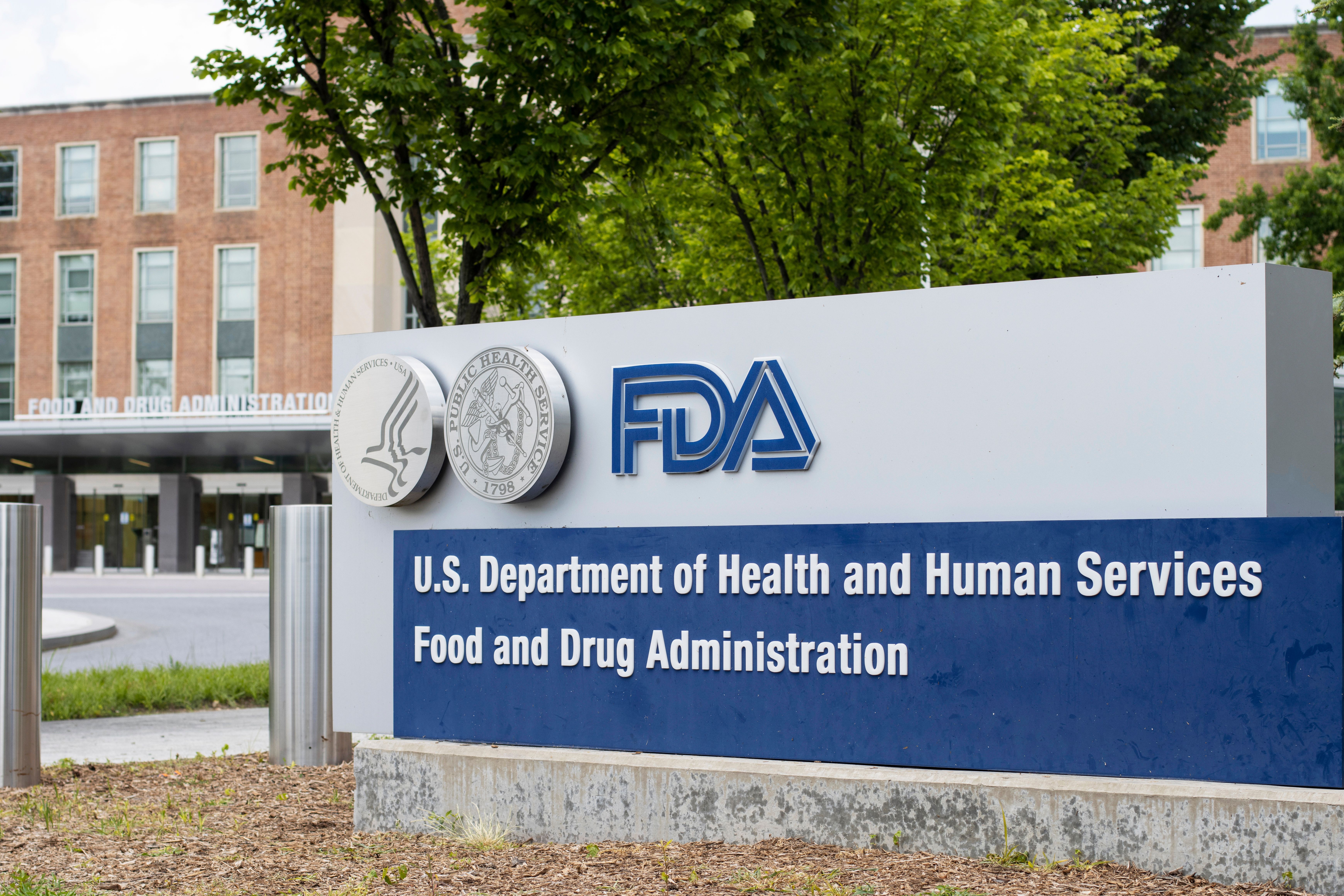- Acne
- Actinic Keratosis
- Aesthetics
- Alopecia
- Atopic Dermatitis
- Buy-and-Bill
- COVID-19
- Case-Based Roundtable
- Chronic Hand Eczema
- Chronic Spontaneous Urticaria
- Drug Watch
- Eczema
- General Dermatology
- Hidradenitis Suppurativa
- Melasma
- NP and PA
- Pediatric Dermatology
- Pigmentary Disorders
- Practice Management
- Precision Medicine and Biologics
- Prurigo Nodularis
- Psoriasis
- Psoriatic Arthritis
- Rare Disease
- Rosacea
- Skin Cancer
- Vitiligo
- Wound Care
Article
Abrocitinib and Topical Therapy Safe, Effective for Atopic Dermatitis in Teens
Author(s):
A phase 3 trial studied the effectiveness of oral abrocitinib along with topical therapy for moderate-to-severe atopic dermatitis in teens.
Dupilumab subcutaneous injection is often the treatment of choice for teenagers who have moderate-to-severe atopic dermatitis. However, little research has been done into whether oral abrocitinib, which has a favorable benefit-risk profile, is effective and safe as another treatment option. A study in JAMA Dermatology has some answers.1
This phase 3, randomized, double-blind, placebo-controlled study was performed in a number of countries in the Asia–Pacific region, Europe, and North America regions. Participants were aged 12 to 17 years, had moderate-to-severe atopic dermatitis, and also had an inadequate response to at least 4 consecutive weeks of topical medication or had a need for systemic therapy. Patients were randomly assigned 1:1:1 to receive once-daily oral abrocitinib, 200 mg or 100 mg, or placebo for 12 weeks in combination with topical therapy.
Endpoints included achieving an Investigator’s Global Assessment (IGA) response of clear (0) or almost clear (1) with an improvement of 2 or more grades from baselines as well as 75% or greater improvement from baseline in Eczema Area and Severity Index (EASI-75) response at week 12.
There were 285 teenagers with a median age of 15 years included in the study. The investigators found that far more of the patients treat with abrocitinib (200 mg or 100 mg) versus the placebo achieved an IGA response of 0/1 (46.2%; 41.6% vs 24.5%; P < .05 for both), EASI-75 (72.0%; 68.5% vs 41.5%; P < .05 for both), and a 4-point or greater improvement in Peak Pruritus Numerical Rating Scale (55.4%; 52.6% vs 29.8%; P < .01 for 200 mg vs placebo) at week 12.
There were 59 total adverse events and 1 serious event in 200 mg group; 54 total events and 0 serious events in the 100 mg group; and 50 total events and 2 serious events in the placebo group. Nausea was a more common adverse event in the 200 mg (17) and 100 mg (7) abrocitinib groups. Herpes-related adverse events were infrequent.
Investigators concluded that oral abrocitinib with topical therapy was significantly more effective than placebo with topical therapy to treat moderate-to-severe atopic dermatitis and the safety profile was acceptable.
This article was initially published by our sister publication Contemporary Pediatrics.
Reference:
1. Eichenfield L, Flohr C, Sidbury R, et al. Efficacy and safety of abrocitinib in combination with topical therapy in adolescents with moderate-to-severe atopic dermatitis: the JADE TEEN randomized clinical trial. JAMA Dermatol. August 18, 2021. Epub ahead of print doi:10.1001/jamadermatol.2021.2830
Newsletter
Like what you’re reading? Subscribe to Dermatology Times for weekly updates on therapies, innovations, and real-world practice tips.











